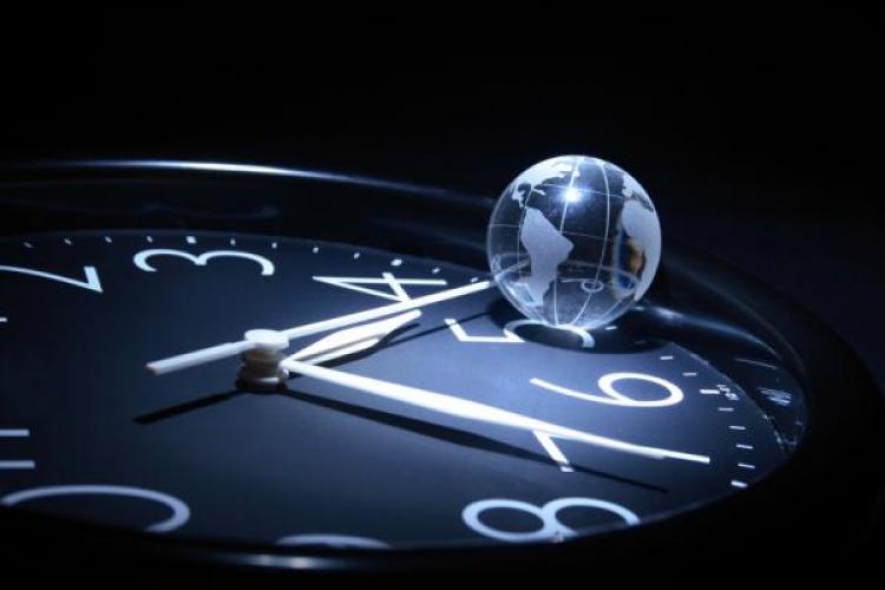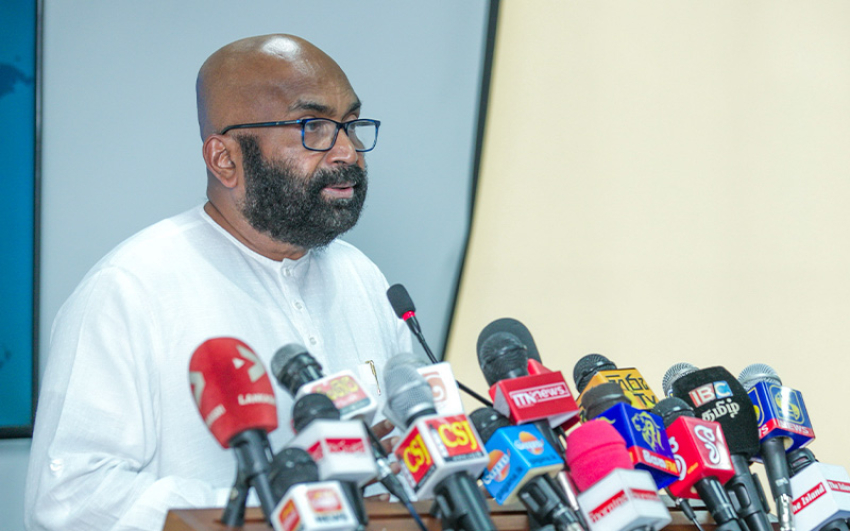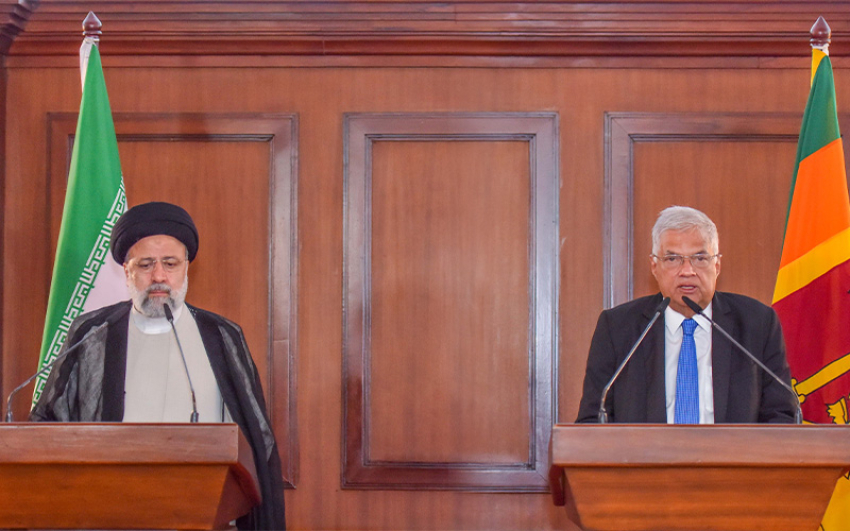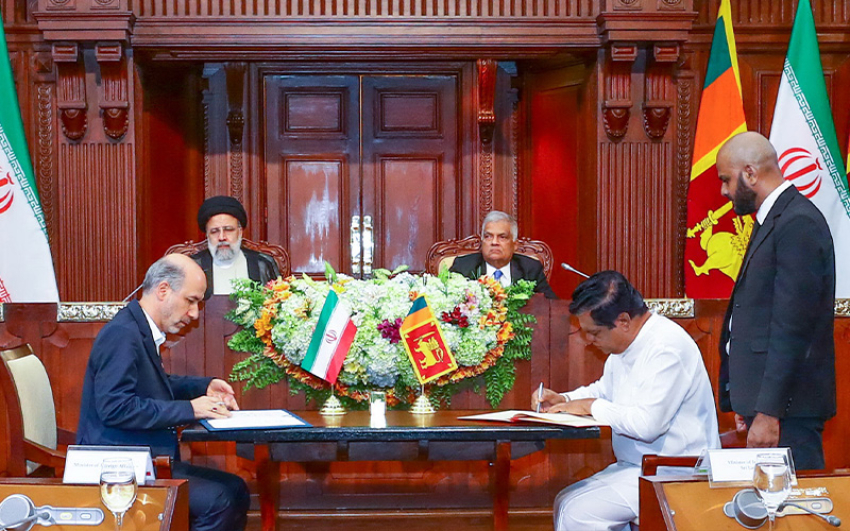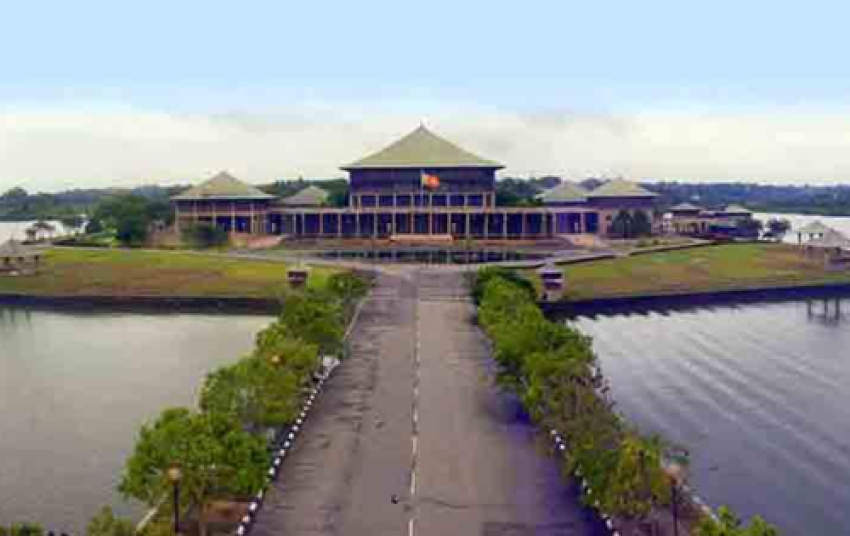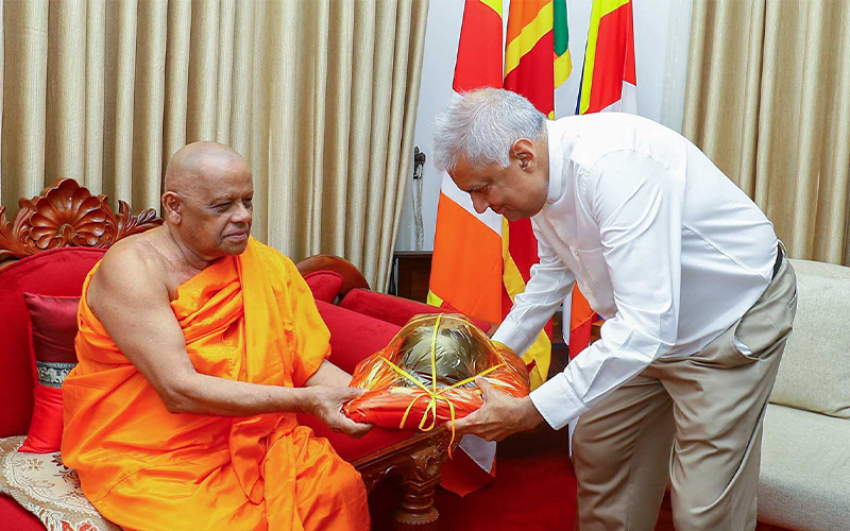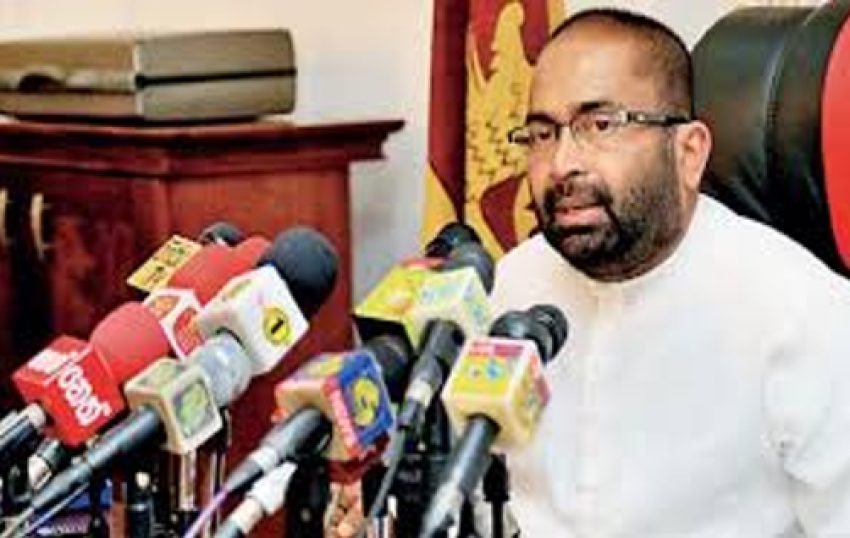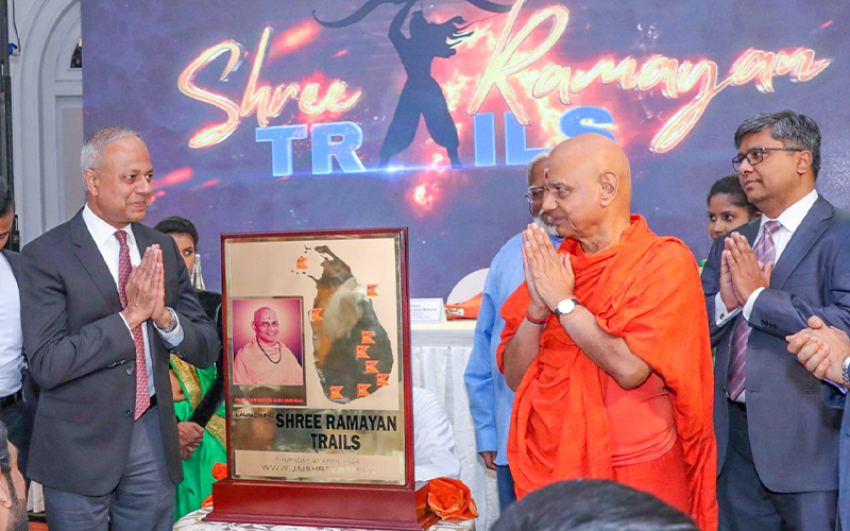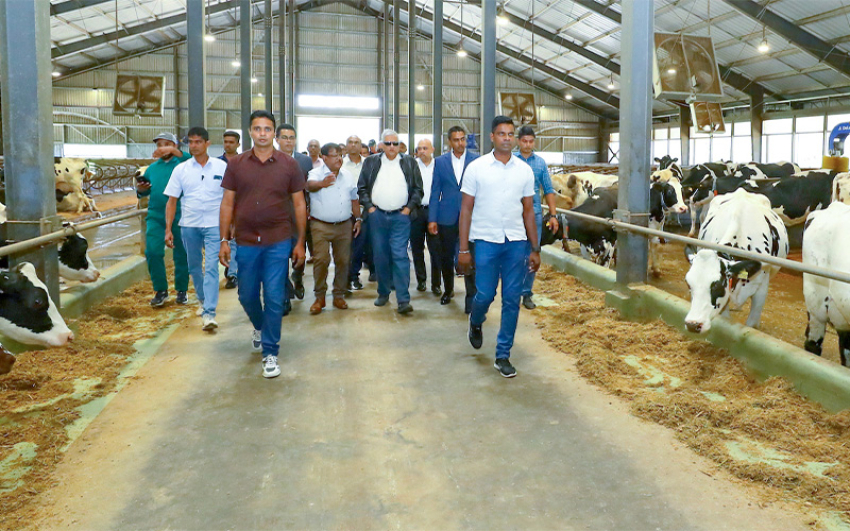A leap second is to be inserted at the very end of 30 June.
Leap seconds are surprisingly common. Since their introduction in 1972, we have gained 25 seconds and lost none. (The bonus second in June will be the 26th.) So why are leap seconds necessary?
From the beginning of the 1960s, atomic clocks became the ultimate reference of time. They were adjusted to keep in step with the Earth. Then, in 1972, it was decided that, instead of adjusting how fast the clocks ticked, they would be left to tick away at the atomic rate and the leap second would be introduced."
Why not save all the leap seconds and have a leap minute in 2115? Then you could go really crazy. But leap seconds mess with technical systems. In 2012, the leap second delayed 400 Qantas flights and disrupted websites including Reddit and LinkedIn.
A second may seem trivial, the 1p coin of time, but the leap second is a matter of great controversy. Some of the 170 countries represented at the International Telecommunication Union, the US, France, Mexico and Japan, for instance, want to end the leap second and simply let atomic clocks run away from Earth. In centuries, when all those missed leap seconds make an hour, each country could simply shift their clock forward or back. Russia and the UK want to defend it.
Daniel Gambis, director of the IERS, says that a second, is not to be undervalued. "In one second, satellites can advance 7km. In one second, someone could buy Greece." So he is in favour of the leap second? "It's important to maintain the contact with astronomy and not only physics," he says. "We are living on Earth."

